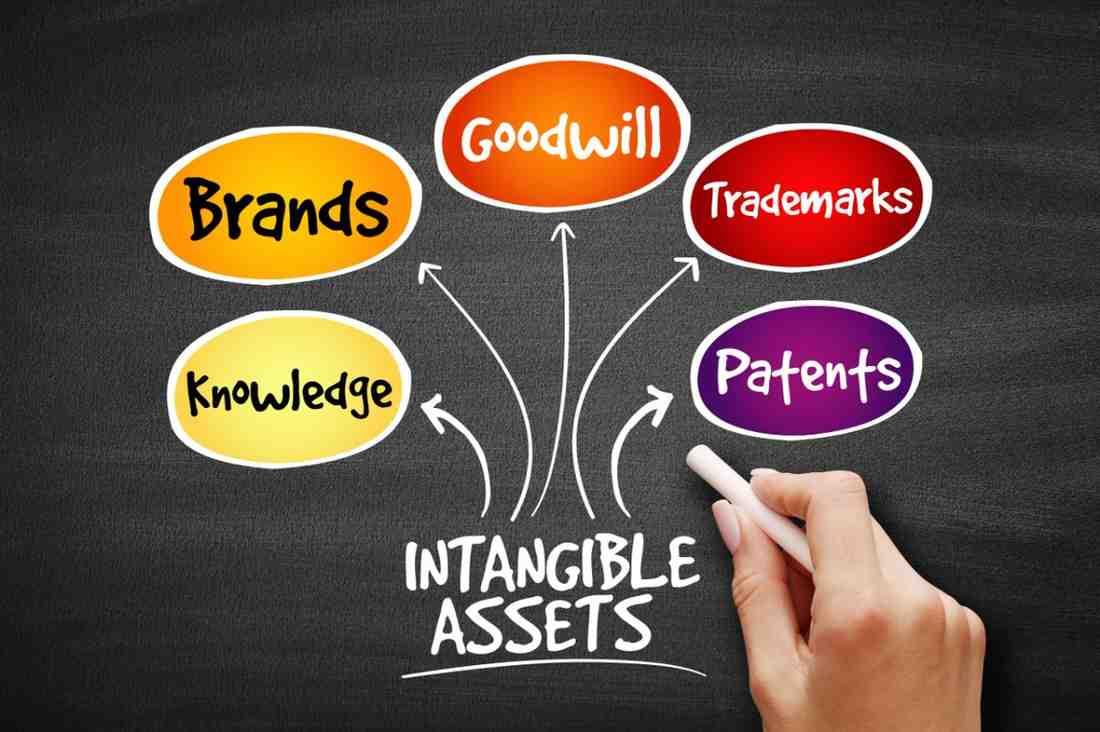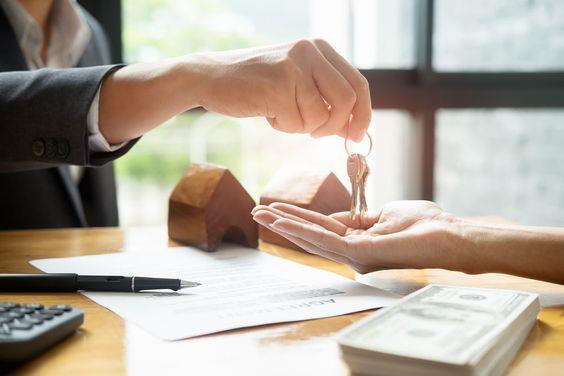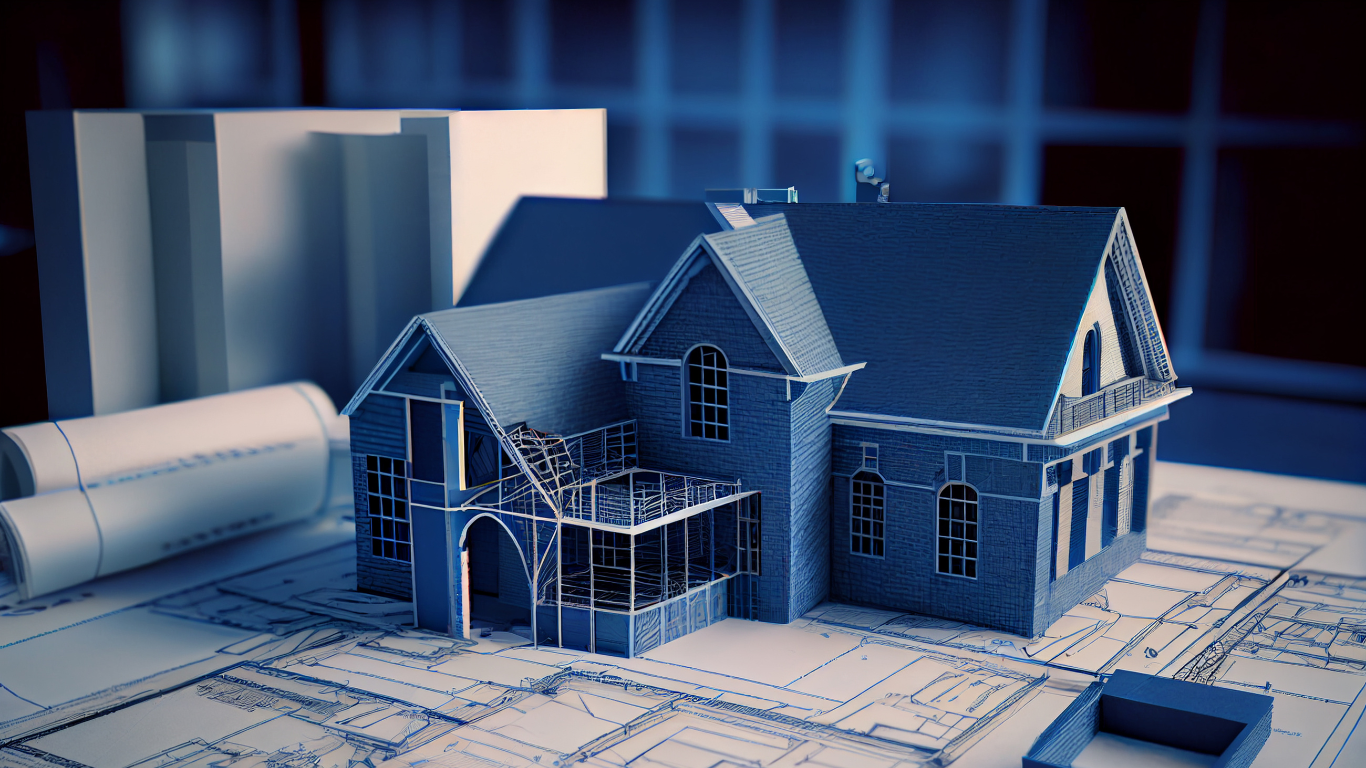Real estate market trends, including supply and demand dynamics, interest rates, and economic factors, play a significant role in property valuation.

Factors Influencing Property Value
1. Location
The saying "location, location, location" remains a fundamental truth in real estate. Properties in desirable areas, with good schools, low crime rates, and proximity to amenities like shopping and parks, typically command higher prices.
2. Market Conditions
Real estate market trends, including supply and demand dynamics, interest rates, and economic factors, play a significant role in property valuation. Keeping an eye on the housing market can give you a better understanding of when to buy or sell.
3. Property Condition
The condition of your property, including the state of the roof, foundation, plumbing, and electrical systems, directly impacts its value. Regular maintenance and upgrades can enhance your property's appeal and marketability.
4. Comparable Sales
Looking at recent sales of similar properties in your area, known as "comps," is a common method for estimating property value. These comparables provide a benchmark for what buyers are willing to pay in the current market.
5. Size and Layout
The size of your property, including the number of bedrooms and bathrooms, as well as the overall layout, influences its value. Larger homes with functional layouts are generally more desirable.
6. Upgrades and Renovations
Investments in home improvements, such as a new kitchen, bathroom remodel, or energy-efficient windows, can significantly increase your property's value. However, it's crucial to evaluate the return on investment for these upgrades.
Methods to Determine Property Value
1. Online Valuation Tools
Online valuation tools provide a quick and convenient way to estimate the value of your property. These tools use automated valuation models (AVMs) that analyze various data points, including recent sales of comparable properties, local market trends, property details, and sometimes tax assessments.
Advantages:
Accessibility: These tools are usually free and can be accessed anytime from the comfort of your home.
Speed: You can get an instant estimate without waiting for an appointment or extensive evaluation.
Initial Insight: They provide a ballpark figure, which can be a good starting point for further valuation efforts.
Limitations:
Accuracy: The estimates are based on available data and algorithms, which might not account for unique property features or recent upgrades.
Data Dependence: The reliability of the estimate is contingent on the precision and timeliness of the data utilized by the AVM.
Popular Tools:
Zillow’s Zestimate: A widely used tool in the U.S. that provides home value estimates based on public data and user-submitted information.
Redfin Estimate: Another widely-used tool that provides estimates by analyzing MLS data and current market conditions.
2. Professional Appraisal
A professional appraisal involves a licensed appraiser who conducts a thorough evaluation of your property. This method is often required by lenders during mortgage processes to ensure the property’s value supports the loan amount.
Advantages:
Accuracy: Appraisers consider many factors, including the property’s condition, location, size, and recent sales of similar properties, providing a highly accurate valuation.
Comprehensive Assessment: The appraisal includes a detailed report with supporting data and an explanation of the valuation.
Process:
Inspection: The appraiser visits the property to conduct a physical inspection, noting its condition, layout, and any unique features.
Comparable Sales Analysis: The appraiser reviews recent sales of similar properties in the area to establish a market value.
Final Report: A detailed report is prepared, including the appraiser’s findings, comparables, and the final estimated value.
Limitations:
Cost: Professional appraisals can be expensive, typically ranging from $300 to $500 or more, depending on the property and location.
Time: The process can take several days to complete, from scheduling the inspection to receiving the final report.
3. Real Estate Agents
Real estate agents provide property valuations through a Comparative Market Analysis (CMA). Agents use their knowledge of the local market and data from the Multiple Listing Service (MLS) to estimate your property’s value.
Advantages:
Market Expertise: Agents have in-depth knowledge of local market trends and conditions, providing valuable insights beyond basic data.
Personalized Advice: They can offer tailored recommendations to enhance your property’s appeal and marketability.
Networking: Agents can leverage their network to attract potential buyers, potentially increasing the property’s value.
Process:
Property Review: The agent reviews your property, noting its features, condition, and any improvements.
Comparable Sales Analysis: The agent analyzes recent sales of similar properties in the area, considering factors like location, size, and amenities.
Market Trends: The agent evaluates current market conditions, including supply and demand, to refine the valuation.
CMA Report: The agent provides a detailed CMA report with an estimated value and suggestions for increasing market appeal.
Limitations:
Subjectivity: While agents use data, their valuation can be influenced by their subjective opinions and experiences.
Motivation: Agents may sometimes provide an optimistic valuation to secure a listing, which might not reflect the true market value.
Enhancing Property Value
1. Curb Appeal
Curb appeal denotes how attractive a property appears when viewed from the street. It's the first impression potential buyers or appraisers have of a home. Enhancing curb appeal can significantly boost property value by making the home more inviting and appealing.
Key Aspects:
Landscaping: Well-maintained lawns, trimmed hedges, colorful flowers, and healthy trees can enhance the visual appeal.
Exterior Paint: A fresh coat of paint can revitalize the exterior, making the property look well-kept and modern.
Front Door: A new or freshly painted front door can make a strong first impression.
Lighting: Adequate outdoor lighting not only improves safety but also highlights architectural features and landscaping at night.
Cleanliness: Regularly cleaning driveways, walkways, and windows ensures the property looks its best.
Benefits:
Attracts Buyers: Enhanced curb appeal can draw more potential buyers.
Quick Sales: Homes with great curb appeal often sell faster.
Higher Offers: Attractive properties may receive higher offers from buyers.
2. Energy Efficiency
Energy efficiency upgrades not only reduce utility bills but also make a property more attractive to eco-conscious buyers. Homes equipped with energy-efficient features are becoming increasingly desirable in the real estate market.
Key Upgrades:
Insulation: Proper insulation in walls, attics, and floors helps maintain temperature, reducing heating and cooling costs.
Windows: Energy-efficient windows enhance overall energy efficiency by minimizing heat loss and gain.
HVAC Systems: Upgrading to energy-efficient heating, ventilation, and air conditioning systems can significantly cut energy consumption.
Appliances: Installing energy-efficient appliances, like refrigerators, dishwashers, and washing machines, can reduce energy use.
Solar Panels: Adding solar panels can reduce reliance on grid electricity and lower utility costs.
Benefits:
Cost Savings: Lower energy bills make the home more attractive.
Marketability: Energy-efficient homes are a selling point for environmentally conscious buyers.
Tax Incentives: Certain energy-efficient upgrades might be eligible for government tax incentives or rebates.
3. Smart Home Technology
Smart home technology makes daily life more convenient, ensures heightened security, and improves energy efficiency. Integrating smart devices can increase property value and appeal to tech-savvy buyers.
Key Features:
Smart Thermostats: Devices like Nest or Ecobee allow homeowners to control heating and cooling remotely, optimizing energy use.
Smart Security Systems: Cameras, doorbells, and locks that can be monitored and controlled via smartphone improve security.
Smart Lighting: Automated lighting systems can be controlled remotely, programmed for energy savings, and enhance ambiance.
Smart Appliances: Refrigerators, ovens, and other appliances with smart capabilities add convenience and efficiency.
Benefits:
Modern Appeal: Smart homes are seen as modern and forward-thinking, attracting younger buyers.
Convenience: Features that offer remote control and automation make daily living easier.
Energy Management: Smart technology can help manage and reduce energy consumption.
4. Regular Maintenance
Regular maintenance ensures that a property remains in good condition, preventing minor issues from becoming major problems. A well-maintained home is more attractive to buyers and can lead to a higher sale price.
Key Maintenance Tasks:
Roof Inspections: Regular checks for leaks and damage preve
HVAC Maintenance: Annual servicing ensures systems run efficiently and extend their lifespan.
Plumbing Checks: Regular checks for leaks, corrosion, and blockages can safeguard against water damage.
Painting: Maintaining a fresh coat of paint prevents damage and improves your home's look.
Gutter Cleaning: Water damage can be prevented and structural soundness preserved through regular cleaning.
Benefits:
Preserves Value: Regular maintenance is essential for maximizing and sustaining property value.
Prevents Costly Repairs: Addressing minor issues promptly prevents them from escalating into major, expensive repairs.
Buyer Confidence: A well-maintained home instills confidence in buyers, knowing the property has been cared for properly.
Conclusion
Determining your property's true value involves considering various factors and using multiple methods of assessment. By understanding these elements and making strategic improvements, you can maximize your property's worth and make informed decisions about selling or refinancing.
FAQs
How often should I get my property appraised?
It's recommended to get an appraisal every 1-2 years or before major financial decisions involving your property.
Which home improvements boost property value the most?
Kitchen and bathroom remodels, energy-efficient upgrades, and enhancing curb appeal are some of the most effective improvements.
How can I find reliable comparables for my property?
Consult with a real estate agent or use online real estate platforms that provide data on recent sales in your area.
What impact do interest rates have on property value?
Lower interest rates generally increase buyer demand, which can drive up property values.
Can I challenge a low property appraisal?
Yes, you can request a review of the appraisal or obtain a second opinion from another appraiser.
How does the local economy affect property value?
A strong local economy with job growth and low unemployment typically leads to higher property values.


































.png)
-min.png)
-min.png)
-min.png)
-min.png)







.png)









